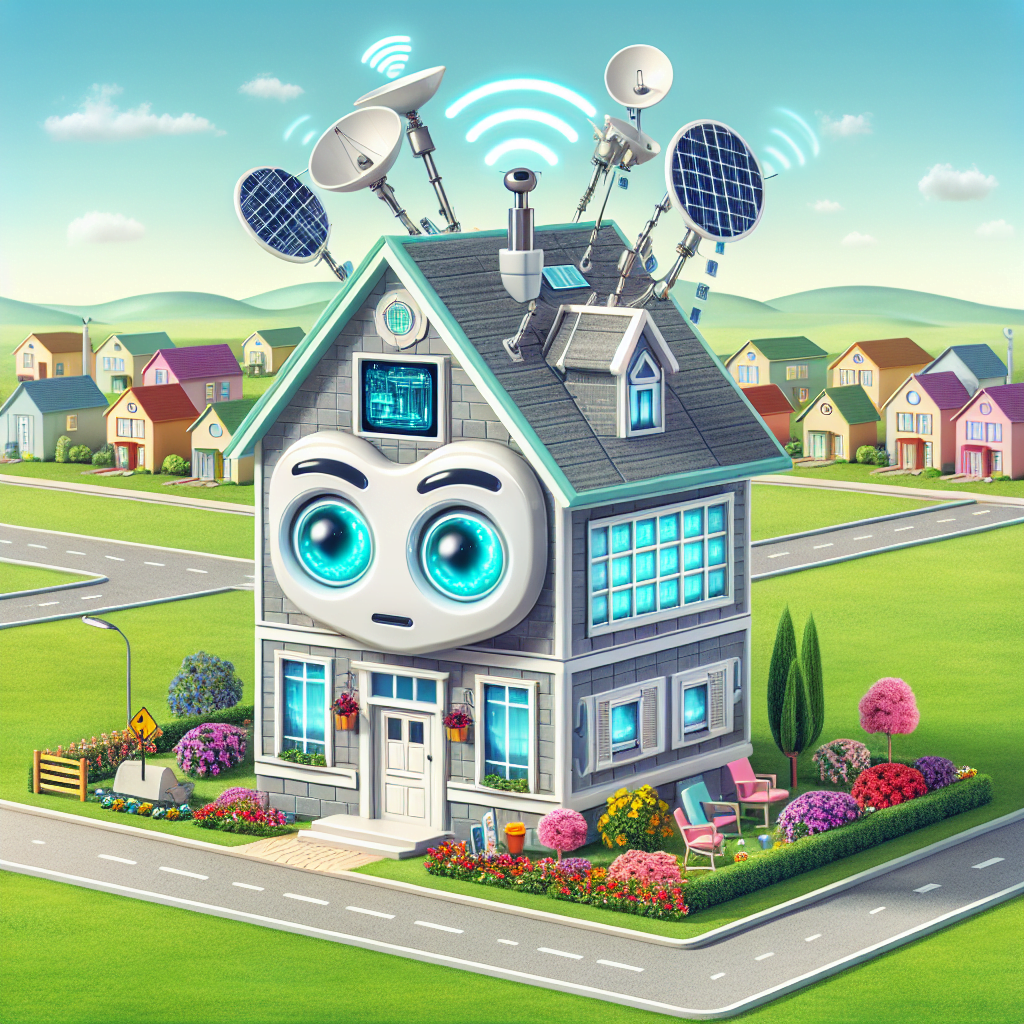
Smart home automation has become increasingly popular in recent years as more and more people realize its convenience and benefits. With smart home automation, homeowners can control various aspects of their homes, such as lighting, temperature, security systems, and entertainment devices, all from a centralized hub or smartphone. This technology has revolutionized how we live and interact with our homes, making our lives easier and more efficient.
The benefits of smart home automation are numerous. It allows homeowners greater control over their homes, making managing and monitoring various systems easier. It offers increased security, energy efficiency, customization, and personalization options. With smart home automation, homeowners can create a more comfortable and convenient living environment while saving time and money.
The Importance of Local Control in Smart Home Automation
One of the critical aspects of smart home automation is local control. Local control refers to the ability to control and manage various aspects of your home automation system from within your home without relying on an internet connection or a remote server. This is important because it ensures you have complete control over your home, even if there is a power outage or an issue with your internet connection.
Local control is crucial in smart home automation because it gives homeowners peace of mind and reliability. It allows them immediate access to their home automation system and make necessary changes or adjustments. Whether turning off lights, adjusting the thermostat, or checking security cameras, local control ensures that homeowners can always stay connected to their homes.
Understanding the Concept of Local Control
Local control is the ability to control and manage your smart home automation system directly from within your home without relying on an internet connection or a remote server. It is the opposite of remote control, which requires an internet connection or a remote server to access and control your home automation system.
With local control, homeowners have the freedom and flexibility to manage their smart home automation system without any external dependencies. They can make changes or adjustments to their system anytime without relying on an internet connection or worrying about potential issues with remote servers.
Local Control and Reliability in Smart Home Automation
Local control enhances reliability in smart home automation by providing homeowners with immediate access to their home automation system, even if there is a power outage or an issue with their internet connection. With local control, homeowners do not have to rely on an internet connection or remote servers to access and control their systems.
By having local control over their home automation system, homeowners can always stay connected to their homes and make changes or adjustments as needed. This ensures they have complete control over their system and can respond quickly to potential issues or emergencies.
Examples of how local control can prevent system failures include:
1. Power outages: With local control, homeowners can still access and control their home automation system during a power outage. They can turn off lights or appliances to conserve battery power and ensure that critical systems, such as security cameras or alarm systems, remain operational.
2. Internet outages: With local control, homeowners can still access and control their home automation system even if there is an issue with their internet connection. They can make changes or adjustments locally and sync the changes once the internet connection is restored.
3. Server failures: With local control, homeowners do not have to rely on remote servers to access and control their home automation system. This eliminates the risk of server failures or downtime, ensuring homeowners always have immediate access to their system.
The Future of Smart Home Automation with Local Control
The future of smart home automation is closely tied to the concept of local control. As technology advances, local control will become increasingly important in ensuring the reliability and security of smart home automation systems.
We can expect further developments in local control technology, such as improved connectivity options and enhanced user interfaces. This will make it even easier for homeowners to access and control their home automation systems locally without relying on external dependencies.
The increasing importance of local control in the future of smart home automation is driven by the need for greater security and reliability. As more homeowners embrace smart home automation, they demand more control over their systems and expect seamless integration with other smart devices.
The Key to Smart Home Automation Success
In conclusion, local control plays a crucial role in the success of smart home automation. It provides homeowners with immediate access to their home automation system and allows them to make necessary changes or adjustments. Local control enhances security and reliability in smart home automation.
The future of smart home automation is closely tied to the concept of local control. As technology advances, local control will become increasingly important in ensuring the reliability and security of smart home automation systems. With local control, homeowners can have greater control over their homes and create a more comfortable and convenient living environment.
